Ministries and faith-based organizations have long been committed to helping people recover and rehabilitate from bad choices. Perhaps they were an addict who now struggles to afford rent. Or perhaps they’re an ex-con who’d like to find a job closer to where his children live. Or maybe they’re a US military veteran who has struggled with PTSD and has been homeless. Whatever the situation, many ministries have made it their mission to help these folks transition into what’s considered a ‘normal’ life.
Safe, affordable and quality housing has long been one of the biggest hurdles facing people who are rehabbing or recovering. Transitional housing offers a solution but it isn’t something many neighborhoods want. If you haven’t heard of transitional housing before, here’s what it is according to TransitionalHousing.org:
“Transitional housing can be described as a home that assists people in transitioning from homelessness, substance abuse addiction, abuse in the home or other types of bad living environments. Transitional housing locations often times are non profit run facilities.
TransitionalHousing.org is for those who are in need of locating transitional housing in their area. We also provide halfway housing, shared housing and group housing.”
One of the things ministries who operate, or participate in, transitional housing can do to alleviate any misconceptions or fears about the programs is to develop a clear set of rules, guidelines, policies and procedures, and make these available to the public.
One of these rules MUST be a commitment to screening anyone who wants to participate in transitional housing. This includes not only people who may be seeking transitional housing services, but anyone who wants to work or volunteer for the organization, too.
A thorough background check will tell you if a person has (among other things) a violent history, is a registered sex offender, and/or has spent time in jail and for what charge. The idea is to create an environment that is as safe as possible so that your transitional housing community members, which may include women, men and children, as well as a variety of staff members and volunteers, is as safe as possible. Just like airport screenings, this does not mean that your ministry doesn’t trust everybody who would come on board; instead it is an exercise of stewardship, recognizing that it would be foolish not to use available technology to cheaply and easily screen and identify those few who could inflict such great harm.
A background check is just the start, though. Every volunteer should be required to review basic principles of sound child protection and procedures. Protect My Ministry offers child safety training to accomplish this task. The required training is designed to accomplish two main objectives. First, protecting your church and volunteers from inadvertently putting themselves in a position where they could be subject to a false claim of abuse. Second, children will be better protected against potential abusers when sound procedures and training are in place. Equipping all those who serve (employees, staff, and volunteers) with sound training, will lead to an atmosphere of appropriate vigilance, in which children will be protected against perpetrators.
For more information on how to establish a safe and secure screening policy, click here.
Our Protect My Ministry team believes in the mission behind background checks, and we want to help you accomplish your mission as a ministry. That’s why we offer an incredible service – a chance to try our customizable and affordable paperless background check solution, Ministry Mobilizer – free for 30 days.
With the free 30-day trial you will have total flexibility to choose the bundle that is right for you. If at the end of your 30-day trial you are not satisfied, we will convert your account to our Bundle 0 – at no cost. Through Ministry Mobilizer, our paperless background screening solution, your volunteers and applicants can authorize their background checks, agree to your child protection policy, answer questions for your volunteer application and complete child safety training for abuse prevention; you can do all of this online directly from your ministry or transitional housing website or via a link that you email to your volunteers or staff members.
Still have questions? We have answers. Contact one of our Protect My Ministry team members today at support@protectmyministry.com.
